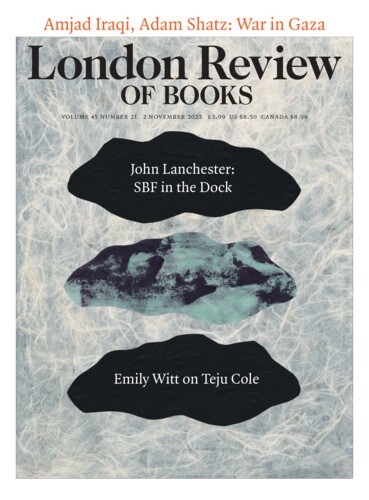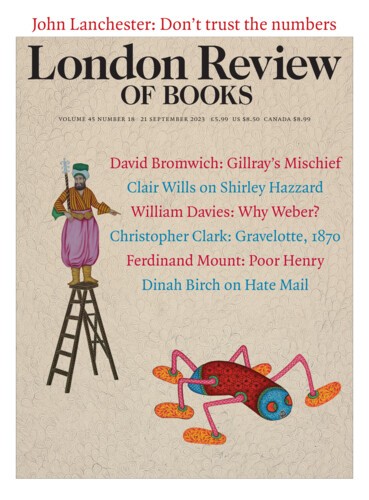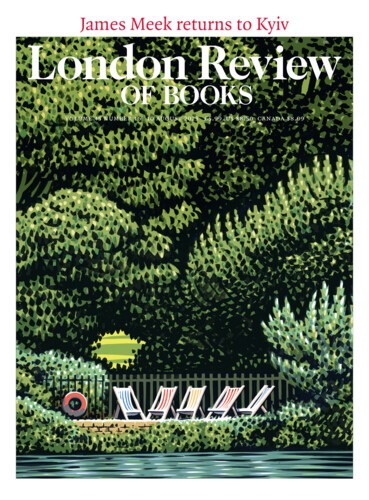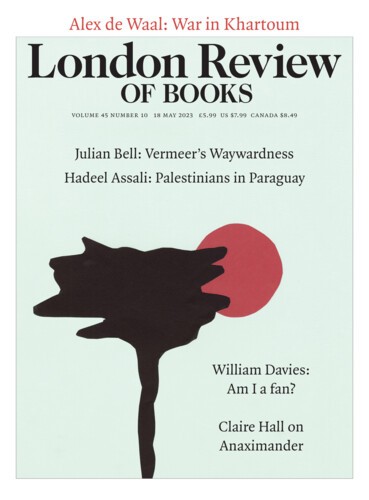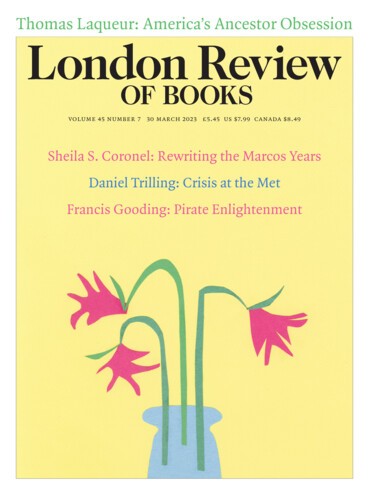The Leaflet
Francis Gooding, 2 November 2023
In the archives of the British Empire and Commonwealth Collection, held in Bristol, you can find a neatly closing polished wooden box, inside which are half a dozen 8 mm film reels, with about fourteen minutes of footage per reel. The films were shot by Air Commodore Leonard de Ville Chisman, DFC CBE (1899-1974). They show something you almost never see: candid images of colonial warfare,...
